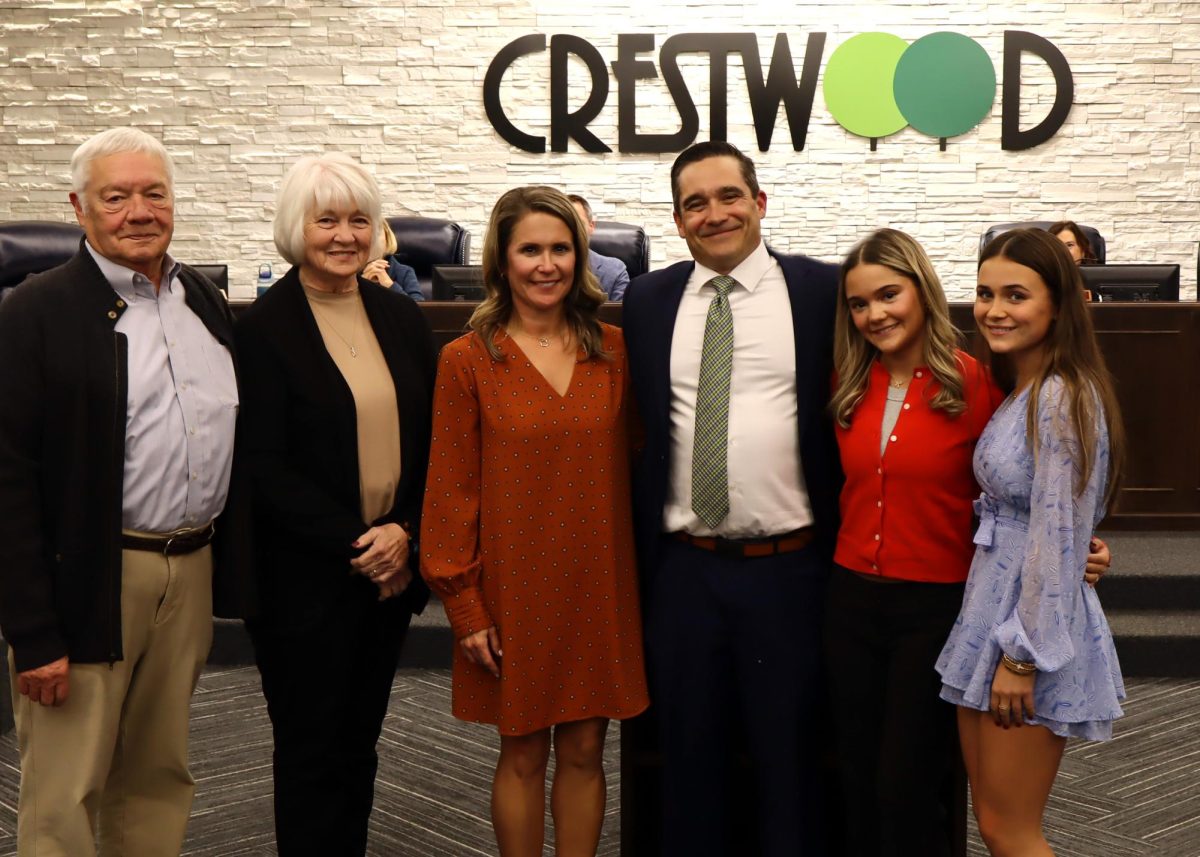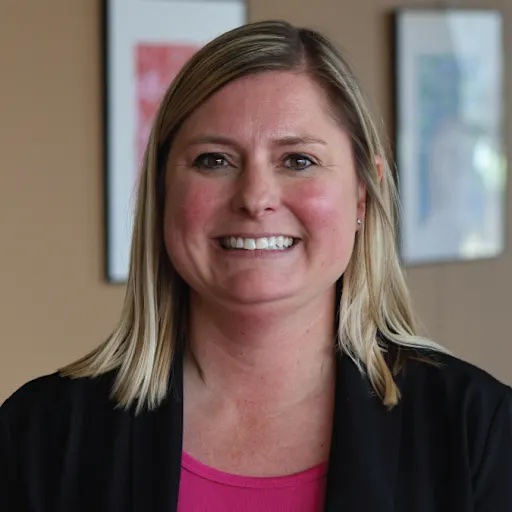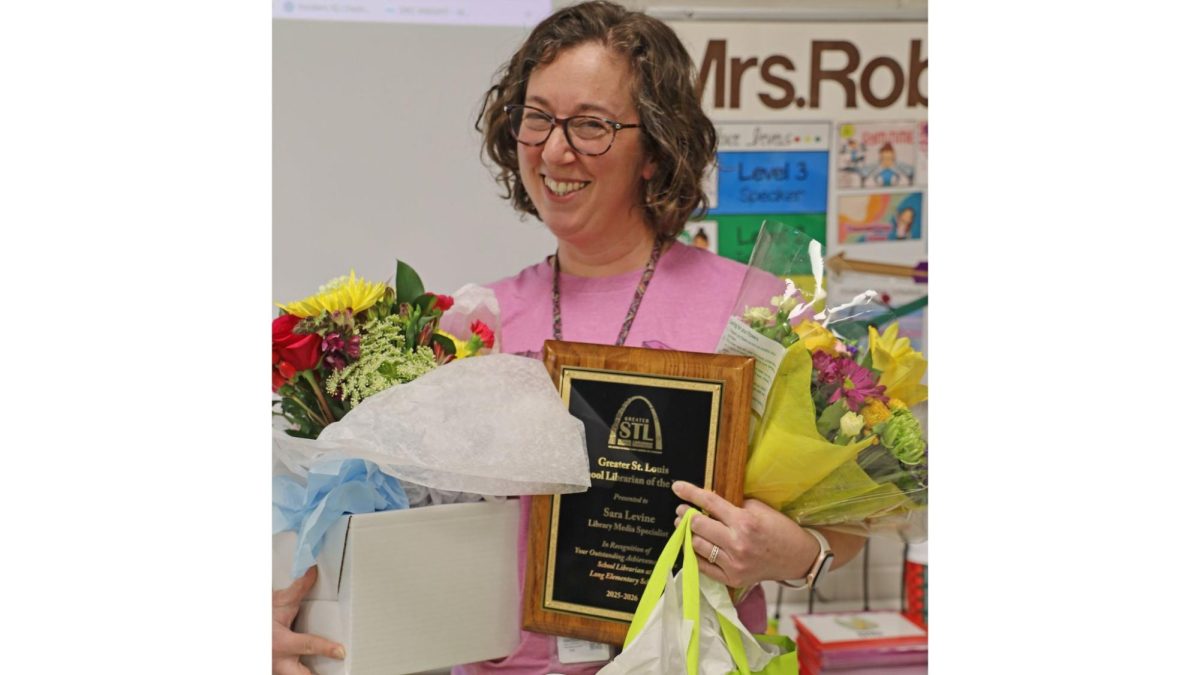Concerns about the public teacher retirement system and new educational standards were voiced last week by Mehlville Board of Education members during a meeting with local legislators.
Board member Mark Stoner addressed his uneasiness about the long-term sustainability of the Public School Retirement System, or PSRS, though he believes “very firmly” professional staff should have a “good retirement program.”
“It’s a little bit out of lockstep with some of the overall direction of many retirement systems,” Stoner said, “and I wonder if in the long term, and it’s a fairly difficult issue, I’ll say that — it is a difficult issue, but I think at some point that the Legislature (does) need to take that up.”
Contributions to PSRS and the Public Education Employee Retirement System, or PEERS, come from PSRS/PEERS members and school districts.
The PSRS contribution rate for the 2012-2013 school year is a combined 29 percent — 14.5 percent from educators and 14.5 percent from school districts — the same rate as last school year.
The PEERS contribution rate for the current school year also did not increase. Employees and school districts each contribute 6.86 percent to the retirement system.
The PSRS funding ratio was 85 percent in 2011, whereas the PEERS funding ratio was 85.3 percent the same year.
Rep. Marsha Haefner, R-Oakville, said Rep. Mike Leara, R-Concord, hopes to bring PSRS representatives “to the table” because there is a “big issue with the sunset provisions” of the PSRS retirement program.
“(PSRS representatives have) got to come to the table to at least talk about that and then get a conversation going,” Haefner said.
Rep. Vicki Englund, D-St. Louis, said the 25-and-out early retirement provision, which offers retirement for those 55 years old or younger with reduced benefits, is one aspect that will sunset in July.
Haefner said it will take a “collaborative effort” to make the changes that “need to happen.”
“We’re hoping because of these sunsets we can begin this dialogue and start moving in the right direction,” Haefner said.
Sen. Scott Sifton, D-Affton, said it takes “things like sunsets to push things to the table,” which may “get a dialogue going this year.”
Regarding the Common Core State Standards — national education standards intended to prepare students for college and the work force — Stoner questioned what the impact will be on the “local autonomy of a school.”
Haefner said there is “a lot of heartburn” over the Common Core State Standards due to the financial aspect and “the whole premise of it.”
Knost told the Call he does not expect “significant costs” for Mehlville in relation to the Common Core State Standards.
Although, the superintendent said curriculum is developed based on the district’s needs.
“We still write and develop our own curriculum,” Knost said. “Yes, it has to align to the Common Core, and to be very frank with you, there’s a lot I like about the Common Core. There (are) some things I don’t like about the Common Core, but I do not think even those areas where maybe I would say I don’t like as much, I don’t feel that it handcuffs us.”
Haefner said the issue is not just the curriculum itself, but the cost of implementing the standards, which must be completed by the 2014-2015 school year. The estimated costs for professional development, textbooks and technology could cost Missouri more than $325 million, Haefner told the Call via email.
“There’s a price tag to it and the money’s going to have to come from somewhere in education,” she said.








